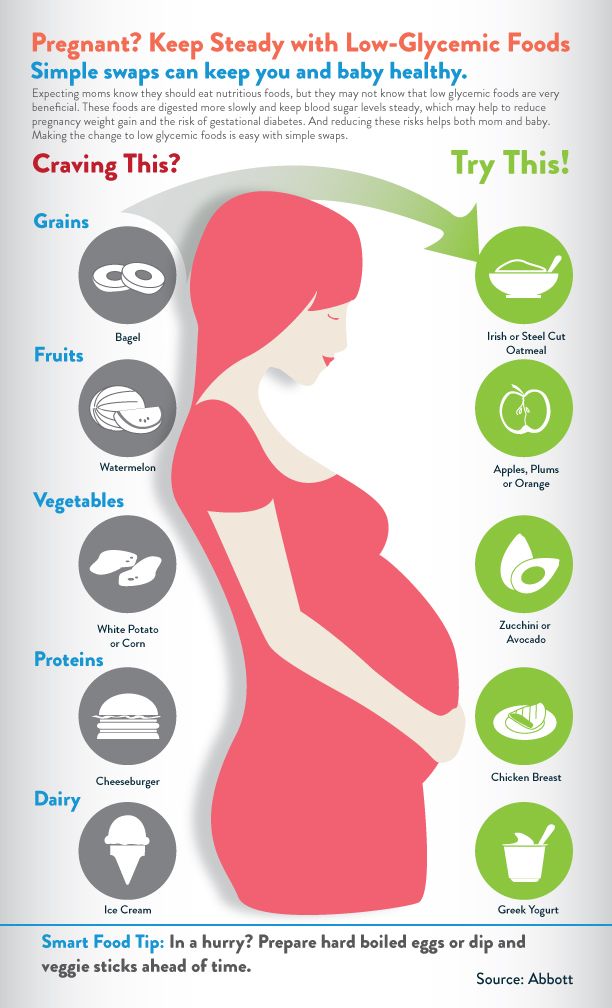Is lemon good for pregnancy
Is Lemon Good for Pregnancy? Plus, Recipes for Nausea and More
Pucker up, mama-to-be. Because we know you want to find out the sweet (and maybe slightly sour) things about whether lemon is OK during pregnancy — and how it could work to your advantage if so.
You might have heard lemon water can boost hydration or that lemon may be an effective nausea remedy, but should you jump in with zest? Let’s squeeze the truth out of the science to help you determine if this citrus favorite is for you.
In general, lemons — and other citrus fruits — can be safe and healthy to consume during pregnancy. In fact, lemons pack many essential vitamins, minerals, and nutrients that help support maternal health and baby’s development.
There’s little research on the safety of lemons specifically during pregnancy.
That said, having a lemon water or adding some lemon juice to your salad likely falls into the safe (and even beneficial) zone. But always talk to your OB-GYN or midwife about consuming large amounts of lemon, lemon-flavored additives, supplements, or other things that haven’t been heavily studied for safety among pregnant women.
But what about lemon essential oils? Are they safe? Although essential oils are on-trend, ingesting them always falls into the questionable category. But don’t pack them away quite yet — we’ll tell you how you may benefit from diffusing lemon essential oils in just a bit.
1. Immunity boost and fetal development
There aren’t studies to show that lemons themselves boost immunity and benefit fetal development, but some of the top-ranking nutrients in lemons do.
In fact, a half cup (106 grams) of lemon (without the peel) can deliver 56.2 milligrams (mg) of vitamin C — a critical nutrient for both mom and baby.
One 2012 animal study concluded that even a small deficiency in maternal vitamin C could hinder fetal brain development, specifically the hippocampus, which is responsible for memory. Safe ranges of vitamin C (no megadoses!) may also boost immunity and help prevent common infections, such as cold and flu, but this remains unproven in the pregnant population.
That immunity boost may be due to significant levels of flavanones in lemons — eriocitrin and hesperetin, to be exact. This 2013 article notes that lemons have powerful abilities to fight infections from bacteria, viruses, and fungi, as well as having antidiabetic and anticancer properties. They may also help eradicate free radicals in the body.
Another key nutrient in lemons is folate, a crucial one for pregnancy. This 2012 article confirms folate’s ability to reduce the risk of fetal neural tube defects, such as spina bifida and anencephaly. These serious defects affect the brain, spine, or spinal cord and can develop within the first month of pregnancy. In theory, consuming a little more lemon in the first several weeks of pregnancy may offer some added protection.
2. Reduction in nausea
If morning (or all-day) sickness has you down, we know you’re searching for anything safe to find relief. This may have led you to the daunting remedy aisle at the drugstore, where you’ve come across some lozenge, gummy, tea, lollipop, oil, or other tincture that contains lemon as a natural nausea “cure. ”
”
But be wary of consuming lemon as your antidote — there’s little to no research to prove that consuming lemon effectively reduces nausea during pregnancy. But there is data to suggest that diffusing lemon essential oils can bring relief.
A randomized controlled clinical study of pregnant women published in 2014 concluded that inhaling (not consuming) lemon essential oil was safe and effective in reducing pregnancy-related nausea and vomiting.
3. Hydration boost
Water is essential (especially during pregnancy) because it serves many important functions, such as:
- giving shape and structure to cells
- regulating body temperature
- supporting digestion
- absorbing and transporting nutrients and oxygen to cells
- aiding the body’s chemical reactions
- eliminating the body’s waste
- forming mucus and other lubricating fluids
According to this 2002 article on hydration needs during pregnancy, it’s calculated that — based on a 2,300-calorie diet — a pregnant woman needs up to 3,300 milliliters of water a day. That’s equivalent to just shy of 14 cups!
That’s equivalent to just shy of 14 cups!
Sometimes, drinking that much water gets, well, plain boring. So putting some lemon to your water can be a healthy way to change things up while also adding some gusto to your H2O.
There are a few cautions to peel away from that lemon. It might be beneficial in small doses, but lemons contain a lot of citric acid that could carry a warning.
Interestingly, freshly squeezed lemon and lime juice has more citric acid compared to orange and grapefruit juice in this 2008 quantitative assessment. And prepared lemonades had up to 6 times the amount of citric acid than lemon and lime juice.
So, what could this lead to?
Tooth erosion
In larger or more frequent quantities, citric acid found in lemons can cause the pH of your mouth to drop to an acidic range.
If you drink highly acidic beverages or foods frequently and over a long period of time — like throughout your entire pregnancy — the acidic environment can cause erosion of the minerals that strengthen the enamel of your teeth.
This can lead to weaker, more sensitive teeth that have you jumping through the roof when you bite into an ice cream cone or getting a bad cavity report at your next trip to the dentist.
One 2015 study found that lemon juice was more erosive to teeth than the common cola. Given that you’re already at higher risk for certain teeth and gum issues while pregnant, you may want to take note.
Heartburn
The high acid levels created by citric acid may also increase your risk for experiencing acid reflux (or heartburn), which is already fairly common during pregnancy. Drinking highly concentrated lemon-based beverages like lemonade may induce heartburn more than just a splash of lemon in your water.
But mixing 1 tablespoon of lemon juice with 8 ounces of water may have protective effects against heartburn. While not proven, it’s thought that the mixture actually helps to alkalize the stomach acid and therefore, reduce the burn.
The best advice? Listen to your body and talk to your OB-GYN or midwife about how much lemon is good for you based on your current health and medical history.
If you’re looking to add a little more lemon in your life, consider these pregnancy-friendly and delicious recipes.
Lemon yogurt parfait
- 1 cup Greek yogurt
- juice from 1 lemon wedge
- 1/4 cup low-sugar granola
- 1 tsp. honey
Directions
Add lemon juice to yogurt and mix well. Sprinkle it with granola and add a honey drizzle. Then, indulge!
Lemon- and basil-infused water
- 2 quarts water
- 2 thin lemon slices (with seeds removed)
- 2 basil leaves
Directions
Add lemon slices and basil leaves to water. Refrigerate for 1 to 4 hours before enjoying this thirst-quenching treat.
Arugula salad with lemon vinaigrette
- 4 cups arugula
- 3 tbsp. extra-virgin olive oil
- 2 tbsp. fresh lemon juice
- 1 tsp. honey
- 1/2 tsp. Dijon mustard
- 1/4 tsp. sea salt
- 1/4 cup freshly shaved parmesan cheese
- ground black pepper to taste
Directions
Wash arugula and set aside to air dry. Mix olive oil, lemon juice, honey, Dijon mustard, and sea salt and refrigerate. Mix and toss it together with arugula when ready to serve. Sprinkle with parmesan cheese, a touch of pepper, and as the Italians say — buon appetito!
Mix olive oil, lemon juice, honey, Dijon mustard, and sea salt and refrigerate. Mix and toss it together with arugula when ready to serve. Sprinkle with parmesan cheese, a touch of pepper, and as the Italians say — buon appetito!
There’s limited scientific proof showing that consuming lemon has specific benefits during pregnancy, but small quantities of fresh lemon juice may offer a vitamin, nutrition, and hydration boost with some protective health benefits.
Here’s some more great news: There’s no need to be shy about diffusing lemon essential oil to find relief during a case of queasiness. According to research, it just might work.
You should, however, be cautious about consuming too much lemon and lemon-containing products, foods, and beverages because the acid content could damage your teeth or exacerbate symptoms of acid reflux, such as heartburn.
As always, discuss your diet and concerns about lemon with your midwife or doctor, who can help you safely navigate the sometimes confusing waters of food choices during pregnancy.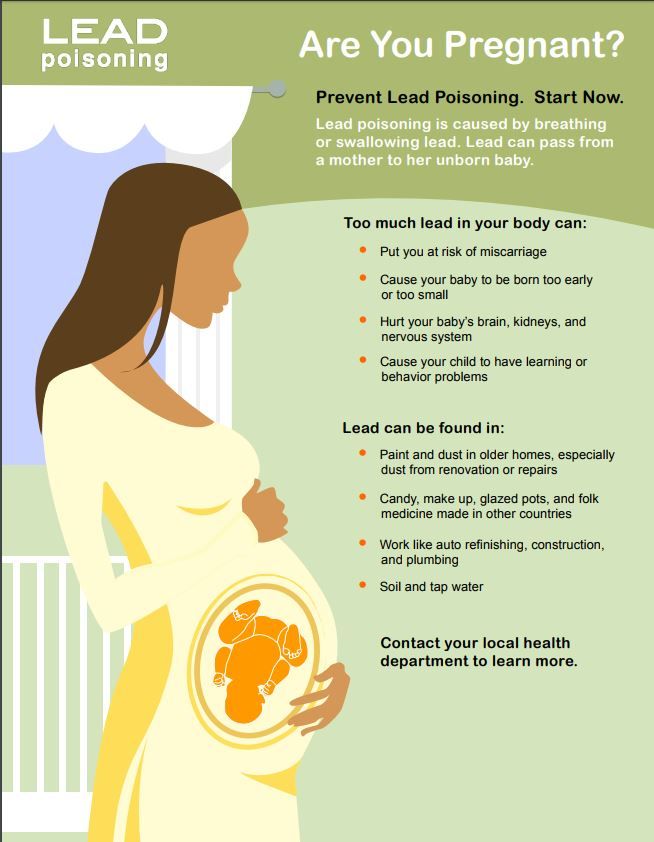
Is lemon good for pregnancy? Benefits and risks
In moderation, lemon is good for pregnancy effects such as nausea. Lemon consumption has several benefits for pregnant women, but there are also some risks to be aware of.
During pregnancy, many women experience effects such as nausea. With concerns about the risks of taking medication, some women prefer to use herbal or natural remedies instead.
People commonly use lemon to help soothe nausea, but the citrus fruit may also have other benefits. Consuming too much fresh lemon may pose some risks, however.
This article explores the benefits and risks of consuming lemon during pregnancy.
Lemon has numerous qualities that make it good for pregnancy effects. The sections below discuss these in more detail.
Nausea
Many pregnant women turn to herbal remedies for controlling nausea, as concerns regarding the safety of medications is increasing.
Lemon essential oil is a popular herbal remedy for nausea and vomiting during pregnancy and tends to be safe. People should not ingest essential oils, however. They should inhale them during aromatherapy.
People should not ingest essential oils, however. They should inhale them during aromatherapy.
Taking lemon or lemon juice orally can help. Some studies have shown that lemon is more effective than a placebo for relieving nausea and vomiting during pregnancy when a woman takes it orally.
There are some reports of side effects with lemon and other herbal medicines, such as ginger, black seed, prune, and mustard oil. However, there are no known complications from using lemon during pregnancy.
A study from 2014 reports that lemon inhalation therapy could help reduce nausea and vomiting during pregnancy. The researchers recruited 100 pregnant women, at 6–16 weeks gestation, with mild-to-moderate nausea with or without vomiting.
The women inhaled either lemon essential oil or a placebo. The researchers instructed the participants to inhale lemon oil at the onset of nausea. The investigators noted nausea, vomiting, and retch intensity in the 24 hours before inhalation and during the 4 days after aromatherapy.
They noted statistically significant differences in the effectiveness of lemon essential oil compared with a placebo on the second and fourth days following treatment. They conclude that lemon scent can be effective in controlling nausea and vomiting throughout pregnancy.
However, there are several limitations of this study. These include the possibility of the lemon scent being unpleasant for some women and the fact that the researchers could not control for the possible psychological effects that cause nausea during pregnancy.
Hydration
Doctors typically recommend that pregnant and breastfeeding women increase their daily intake by 300 calories during the second trimester. Doctors also recommend an extra 300 milliliters of fluid, or just over a cup, per day.
If a person likes the flavor of lemon drinks, it can provide motivation to drink more and stay hydrated.
Folate
Lemon contains folate. One average sized lemon is low in calories and contains around 6. 38 micrograms (mcg) of folate. During pregnancy, women require more folate because it is an essential nutrient for neural development in the growing fetus.
38 micrograms (mcg) of folate. During pregnancy, women require more folate because it is an essential nutrient for neural development in the growing fetus.
The Food and Nutrition Board recommend that pregnant women obtain 600 mcg of folate from food and supplements. Most women in the United States need to take this as a supplement during pregnancy.
Women should not rely solely on lemons for folate, since its content is not high enough, and most may not enjoy eating raw lemons. Some other sources of folate include:
- spinach
- breakfast cereals
- avocado
- wheat germ
- white bread
Since January 1998, the Food and Drug Administration (FDA) have required the manufacturers of enriched bread, flour, cereals, pasta, rice, and other grains to fortify their products with 140 mcg of folate.
Alongside other foods rich in folate, lemon can help pregnant women meet their daily folate requirements.
Although lemon consumption is generally safe during pregnancy, there are some risks linked with excessive consumption.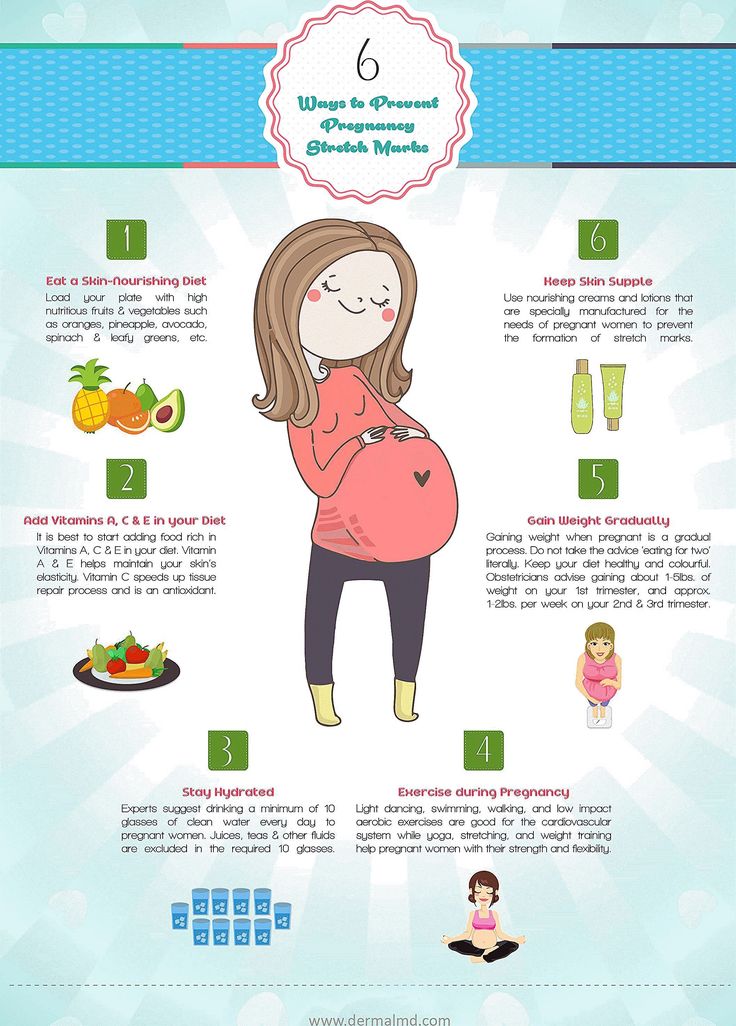 The sections below outline these in more detail.
The sections below outline these in more detail.
Tooth erosion
Those who consume a lot of citrus fruits are at risk of damaging their teeth. In addition, pregnancy can make women more prone to dental problems, such as periodontal disease and cavities.
In one case study, dentists reported severe erosion of the enamel in a 30-year-old woman. She reported drinking lemon juice and water several times per day, usually following meals.
Dentists suggest that the loss of dentin may occur as a result of chemical trauma from the high citric acid, alterations in the acidity of saliva, and excessive use of whitening agents.
Of the most popular citrus fruits, lemon and lime juice have more citric acid than grapefruit and orange juice. Although these juices provide plenty of healthful nutrients, pregnant women should consume them in moderation to protect their teeth.
Sugar content in lemonade
Some people may not enjoy fresh lemon juice and instead prefer lemonade. Lemonade contains sugar to improve its flavor. The Centers for Disease Control and Prevention (CDC) recommend that people keep their intake of sugar to less than 10% of their total daily calories.
Lemonade contains sugar to improve its flavor. The Centers for Disease Control and Prevention (CDC) recommend that people keep their intake of sugar to less than 10% of their total daily calories.
To promote a healthy pregnancy, doctors recommend a healthful diet and lifestyle. The United States Department of Agriculture have a website to help pregnant women learn how to make healthful food choices.
Heartburn
Some pregnant women may experience frequent heartburn. Doctors suggest several methods for reducing this effect during pregnancy. These may include:
- eating smaller and more frequent meals
- not lying down right after eating
- avoiding foods that aggravate heartburn symptoms
Lemons contain high levels of citric acid, which may exacerbate heartburn symptoms in some pregnant women. Each person may notice that different foods can trigger heartburn. These foods may or may not contain higher levels of acid.
People should not automatically assume that highly acidic foods will worsen their symptoms. Instead, doctors recommend that people take note of which foods aggravate their symptoms and avoid them to prevent discomfort.
Instead, doctors recommend that people take note of which foods aggravate their symptoms and avoid them to prevent discomfort.
People can consume lemon in many different ways.
Although some people eat raw lemons or add them to drinks, others may mix freshly squeezed lemon juice with water and drink it warm. Some people drink fresh lemon juice. Lemonade also contains lemons but may also contain a high amount of sugar.
Some people have also used lemon essential oil for inhalation in aromatherapy.
Lemon consumption can help relieve nausea and vomiting during pregnancy and is generally a safe option. However, women planning to treat pregnancy effects with lemon should speak to their healthcare provider first.
People can consume lemon in the forms of tea, water and lemon mixtures, and fresh lemon juice. Not everyone enjoys the highly acidic taste of lemonade, so they may add sugar and calories to improve its taste.
It is important to consider which is the more healthful option to add to a pregnancy diet.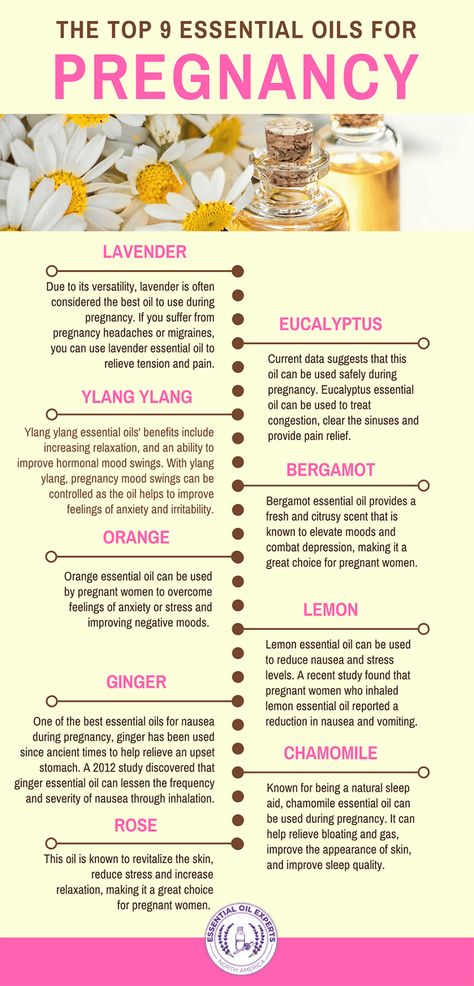
Although lemons are safe to consume during pregnancy, excessive consumption may come with some risks. For example, the high acidity can damage the teeth and aggravate heartburn. Pregnant women should therefore consume lemons in moderation.
Lemon water during pregnancy phytoncides, vitamins (especially vitamin C, D, PP and others) and minerals. The juice of one fruit covers a quarter of a person's daily requirement for vitamin C.In addition, lemon is the leader in the amount of folic acid, which is especially valuable for women's health. And since many women don't get enough of this nutrient from their diet during pregnancy, lemon water helps make up for the deficiency. But this is not all of its useful properties.
Relieves Morning Sickness
According to some published data, almost 70 percent of women in the early stages of pregnancy suffer from morning sickness. Fortified water helps to cope with this unpleasant condition, thanks to the neutralizing substances contained in lemon juice.
"Neutralizing acids" in the digestive system act like bicarbonate and can soothe the stomach. The acid helps the body produce more saliva, which also reduces the feeling of nausea.
Therefore, if you feel unwell during pregnancy, feel sick in the morning, drink some water with lemon - this can make you feel better.
- Photo
- Getty Images
Pay attention
Before drinking a drink, a pregnant woman should check if she is allergic to this product. Lemon, like any citrus fruit, can cause an allergic reaction.
In addition, due to the high acid content, drinking water with lemon juice should be limited. The acid erodes tooth enamel, which can lead to cavities.
Helps with constipation
Maternal systems slow down in late pregnancy. The organs are shifting, and the baby takes up more and more space in the stomach, so a woman may experience constipation.
Medicines are available for this delicate problem, but not all women like to take them. And lemon water is a good natural alternative to supplements. It helps to normalize the digestive system. This is due to the high content of vitamin C.
Improves the functioning of the gastrointestinal tract
As the fetus grows, the rate of digestion of food may slow down in a pregnant woman, and there is a risk of indigestion. The acid in lemon water helps break down food better. The more thoroughly digestion occurs, the more nutrients the body receives, and therefore the baby.
- Photo
- Getty Images
Fights swelling
Many expectant mothers suffer from swelling during pregnancy. With swollen feet, it is difficult to pick up shoes, and when walking, heaviness and discomfort appear. Water with lemon juice also helps to get rid of excess fluid. The drink has a diuretic effect.
The drink has a diuretic effect.
But in order to maintain the water-salt balance in the body and prevent dehydration, a pregnant woman should not forget to drink ordinary water in addition to lemon water.
Keeps hydrated
During pregnancy, women are advised to drink 9-10 glasses of water daily, or even more if the weather is hot or the woman is exercising. It is easier to observe the drinking regime by alternating plain water with a drink flavored with lemon juice.
Strengthens the immune system
During pregnancy, the immune system of women is under stress, the risk of colds increases. Strengthen immunity due to vitamin C will help water with lemon slices.
In addition, lemon provides the body with antioxidants that help cells regenerate, slow down the aging process, optimize metabolism and reduce the risk of heart disease.
Elena Lemmerman
Reading today
Yulia Nachalova's daughter shared pictures from her birthday in the company of her father and his family
Controversial exit: Welsh's appearance at the Boston awards is discussed on the Web
Closer than ever: Irina Shayk and Bradley Cooper will celebrate Christmas together
Online broadcast and funeral at sunset: 8 features of the burial of Elizabeth II
"War is declared": how Meghan and Harry tried to ruin the Welsh trip to USA
Lemon while pregnant.
 Tea with lemon during pregnancy
Tea with lemon during pregnancy Pregnancy is a special period in the life of every woman. At this time, the girl should take care of herself, monitor her health. Especially you need to watch your diet.
We will touch on this topic today. We will answer the question that worries many future young mothers: “Can I use lemon during pregnancy or not?”
This citrus fruit is a very useful fruit for the body, it contains many vitamins. But still, is it possible to have lemon during pregnancy? Now we will understand in detail.
What do the doctors think?
Every doctor will say that a woman who is pregnant can not refuse to eat this fruit if she is healthy and the pregnancy proceeds without complications.
Of course, you shouldn't swallow kilos of lemons, but you don't need to deprive yourself of such pleasure either.
If a future mother develops heartburn after eating this fruit (this happens during pregnancy), then, of course, you need to give up citrus fruits. In the presence of caries, you should also not abuse such a product. Also, discard undiluted lemon juice.
In the presence of caries, you should also not abuse such a product. Also, discard undiluted lemon juice.
Useful properties
Sometimes such a fruit, on the contrary, helps with heartburn, which very often becomes a companion of a pregnant woman. This fruit can reduce the acidity that is the cause of heartburn. Therefore, it is impossible to accurately answer the question of whether lemon can be consumed during pregnancy or not, because each girl has a different reaction to it.
As you know, many mothers-to-be suffer from constipation. Lemon juice will help to cope with this delicate problem. This is because vitamin C stimulates the liver. It also helps with irritable bowel syndrome.
Toxicosis in the morning is a common problem for women in an interesting position. In this case, lemon during pregnancy is a must. This fruit helps relieve nausea. All you have to do is suck and chew on a slice of lemon before you get out of bed. There is another option to combat toxicosis - lemon water. It also needs to be drunk in bed.
It also needs to be drunk in bed.
Based on the foregoing, we conclude that lemon during pregnancy is possible. But if the expectant mother has stomach problems, then citrus can provoke an exacerbation of gastritis.
Therefore, in this matter, it is best to consult with the attending doctor who is leading the pregnancy. The gynecologist who observes the expectant mother has seen the results of the tests, so he will be able to give a completely exhaustive answer on this matter.
If there are no contraindications, mother and baby feel well, then lemon during pregnancy is possible. The beneficial properties of this fruit have been known for a long time.
Many studies have been carried out, as a result of which it became known that one lemon per week will be enough for a pregnant woman. Although this, as you understand, is individual.
This citrus fruit contains a lot of vitamin C, therefore, doctors say that you need to eat lemon during pregnancy, especially with a cold. After all, it is undesirable for women in an interesting position to use drugs. Lemon can be an excellent alternative and remedy for the prevention of colds.
After all, it is undesirable for women in an interesting position to use drugs. Lemon can be an excellent alternative and remedy for the prevention of colds.
Healthy drink
In addition, thanks to this fruit, you can normalize the level of sugar. "How to do it?" - you ask. Now we'll tell you. Take a glass of water and squeeze the juice from one lemon into it. Due to the content of magnesium and potassium in such a cocktail, it normalizes blood sugar levels.
How does it affect the fetus?
Lemon, or rather vitamin C contained in it, is needed for the formation of baby's bone tissue. Also, due to the fact that citrus contains a lot of potassium, it helps the formation of brain cells and the nervous system of the unborn child.
A little more about lemon
Lemon is a fruit of trees from the genus Citrus. It is considered an excellent source of ascorbic acid (vitamin C), which is necessary for the successful functioning of the immune system, vascular health and maintaining a good condition of connective tissue.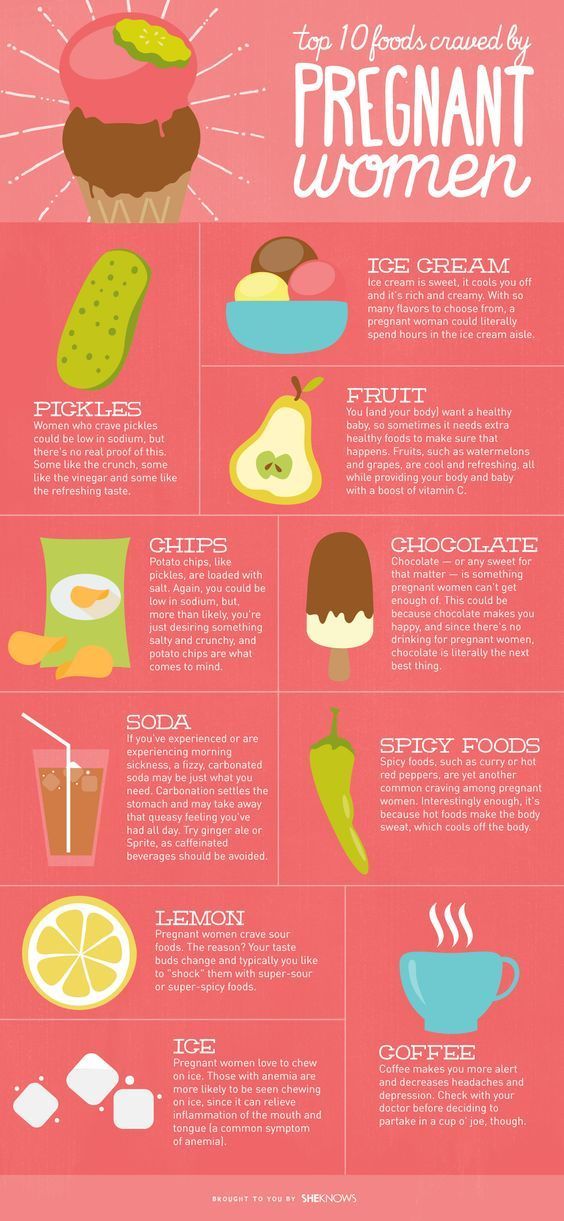 Lemon also contains zinc, potassium and other beneficial trace elements and acids.
Lemon also contains zinc, potassium and other beneficial trace elements and acids.
The peel of this fruit has unique antibacterial properties. It has long been proven that it is a good tool in the treatment of pathologies of the cardiovascular system, as well as inflammation of the respiratory system.
And what is the daily norm of ascorbic acid for a woman? 75 mg, but pregnant women and girls who are breastfeeding need more. The specific dosage of vitamin C, of course, can only be determined by the attending physician.
Is tea with lemon useful during pregnancy
Is it possible to drink this drink during pregnancy? Now we will understand in detail. There have been studies related to green tea. After that, it became known that the drink loved by many does not allow a sufficient amount of folic acid to be absorbed. But a woman in a position she is very necessary. Therefore, you should carefully drink such tea with lemon during pregnancy.
It is best to stop using it for a while. If you really want to, then it is advisable to drink black tea. It is more useful for expectant mothers. Tea with lemon helps prevent colds, strengthens the immune system. Note that a slice of citrus should not be put in boiling water, but in a slightly cooled drink, since vitamin C is destroyed in too hot water. Let's highlight one more positive fact - black tea reduces swelling.
If you really want to, then it is advisable to drink black tea. It is more useful for expectant mothers. Tea with lemon helps prevent colds, strengthens the immune system. Note that a slice of citrus should not be put in boiling water, but in a slightly cooled drink, since vitamin C is destroyed in too hot water. Let's highlight one more positive fact - black tea reduces swelling.
It is also useful for colds to use honey and lemon during pregnancy, but only if the woman is not allergic to these products. This excellent tool helps to fight SARS.
Lemon during pregnancy: why should you stop eating this fruit?
It's no secret that the same fruit or vegetable can bring both benefits and harm to our body. We have already discussed the first, now we will tell you what harm can be from it. Now we list those moments when a lemon can negatively affect the health of a woman in position.
• If a pregnant woman has an individual intolerance, then, of course, it is worth refusing to use this fruit. The necessary vitamin C can also be obtained from other products, which, by the way, are no less tasty and affordable.
The necessary vitamin C can also be obtained from other products, which, by the way, are no less tasty and affordable.
• During pregnancy, the position of the stomach changes in a woman, as the uterus tries to push it, which is constantly growing, for this reason, many women develop heartburn. Lemon in this case can be either an assistant or a pest. Here everything, as they say, is individual. Therefore, you need to monitor your condition.
• During pregnancy, tooth enamel is vulnerable, because of this it is worth reducing the consumption of acidic foods such as lemon, for example. Be sure to rinse your mouth after eating this fruit.
• If the expectant mother has any chronic diseases of the gastrointestinal tract, then you should categorically refuse lemon, as it can worsen the condition.
• Although lemon is not a particularly allergic fruit, like orange or grapefruit, for example, a similar reaction can also occur. Therefore, you should stop using it.








